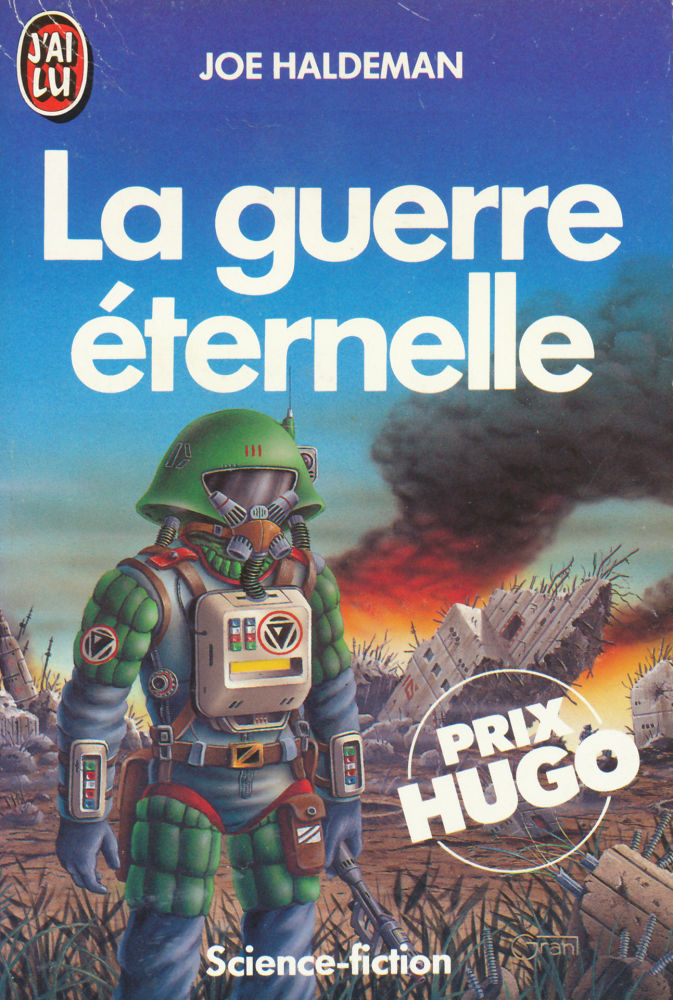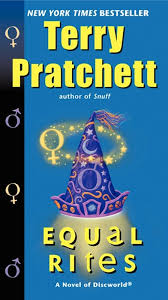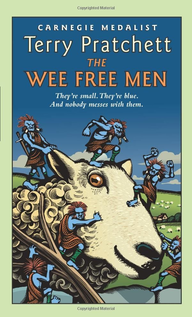Personally I think the book is still good for what it is.
I mean the Arachnids are not the "actual poor victims of the evil humans" but also are an empire that wants to expand themselves. It's not black and white.
I mean in the same way Ridley Scott's Blade Runner is not the same as P.K. Dick's Do Androids Dream of Electric Sheep and it's fine.
Adaptions are not meant to be 1:1 transcriptions from a medium to another.
And I'd also say that outside of the subtext the movie is still a damn good action sci-fi one akin to Aliens.
I think the issue I have with your comment is that you focus more on the author's life than the content of the book. I think it's a pretty good display of the Death of the Author and I don't want to take too much of that into account because what matters is the narration, story and overall content of the art than the artist's personal life and experience.
My example will be weird but it'd be like saying that if an actual restaurant cook did an hypothetical live action adaption of Ratatouille (by Disney obviously) it would be de facto more authentic than Pixar's. Yes, I used that movie but it was the first that came into mind when I wanted to think about cooking.
So the literal insects are themselves troubling, as fascists tend to refer to their victims as insects to dehumanize them. Verhoeven picked up on that, of course, which is why they are the victims in the film. Portraying them as an evil empire is very black & white, as it leaves no room for the possibility that the dehumanized villains don't deserve to be dehumanized. I'd consider such doubling down to be bad writing, personally.
Blade Runner is definitely different from DADoES, but that is not the same case. Scott wasn't trying to comment on the failures of the book; he was just making his own version of the story. Though you can argue one version is better than the other, it's not a case of one failing to think through what was written and the other correcting said failure.
Yes, adaptations are not exact copies. And in some cases, they just shouldn't be loyal to the original.
Jaws would have sucked if it kept the mafia and infidelity subplots and focused less on the shark.
Who Framed Roger Rabbit was better with Roger alive than dead.
Fast Times at Ridgemont High was better with Spicoli as a likable stoner instead of an unlikable jerkass. (Note that those are all books people forget even exist because the movie was so much better.) And Michael Crichton is... not
as bad when the films cut out the racism, misogyny, and some of the ludditism. (Though that's impossible with some of his works, which is why nobody in their right mind loves
Rising Sun or
Disclosure.)
Verhoeven has a knack for using the visual language of action movies and turning that into smart socio-political commentary, so much so that many mistake his work for being dumb. For example,
Robocop is actually a brilliant take-down of corporate power and deregulation that just happens to be full of violent action that even standard contemporary action films didn't match.
The issue is not simply Heinlein's personal experience, but that he hyped up a horrifying experience that he didn't understand anything about, excluded all the problems with it that he didn't get because he only experienced the comfy aspects of it (basic training and a desk job), created an absolute evil villain for the army to fight using the same language that fascists use to describe them, and used all this to justify a horribly authoritarian & jingoistic way of life that he wrongly considered utopian.
Compare that to Verhoeven, who knows the reality from experience and saw all the holes in Heinlein's writing and thus could create a story that takes into account what would logically happen in that world. His film actually shows people getting killed and mutilated senselessly, that wars are often done for pointless and wrong reasons, that dehumanization is an aspect of fascism, and that the "utopia" doesn't work. The film ends up being a more legit work because it isn't hiding anything about the problems with the subject matter; instead, it brings it all to where Heinlein never went and never understood: the front.
As for your example, if Pixar screwed up the recipes in the process of making them look better, purposely hid the fact that keeping rats in a kitchen is a health code violation, showed the stress of working in a restaurant as non-existent, threw around terminology that is not allowed in the industry, and tried to convince people that the world would be better if everyone was forced to work in a kitchen; then the chef, in the process of making a film that criticized all those mistakes, may have made the more authentic, and maybe even better, work. But neither film has ever been made, so we can't say for sure. Verhoeven's film is real, and can be measured against the novel.





